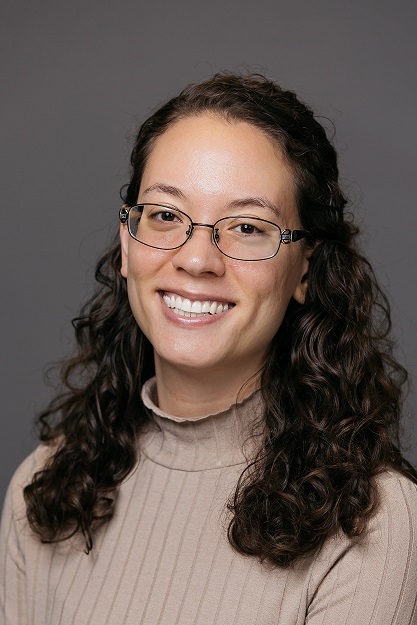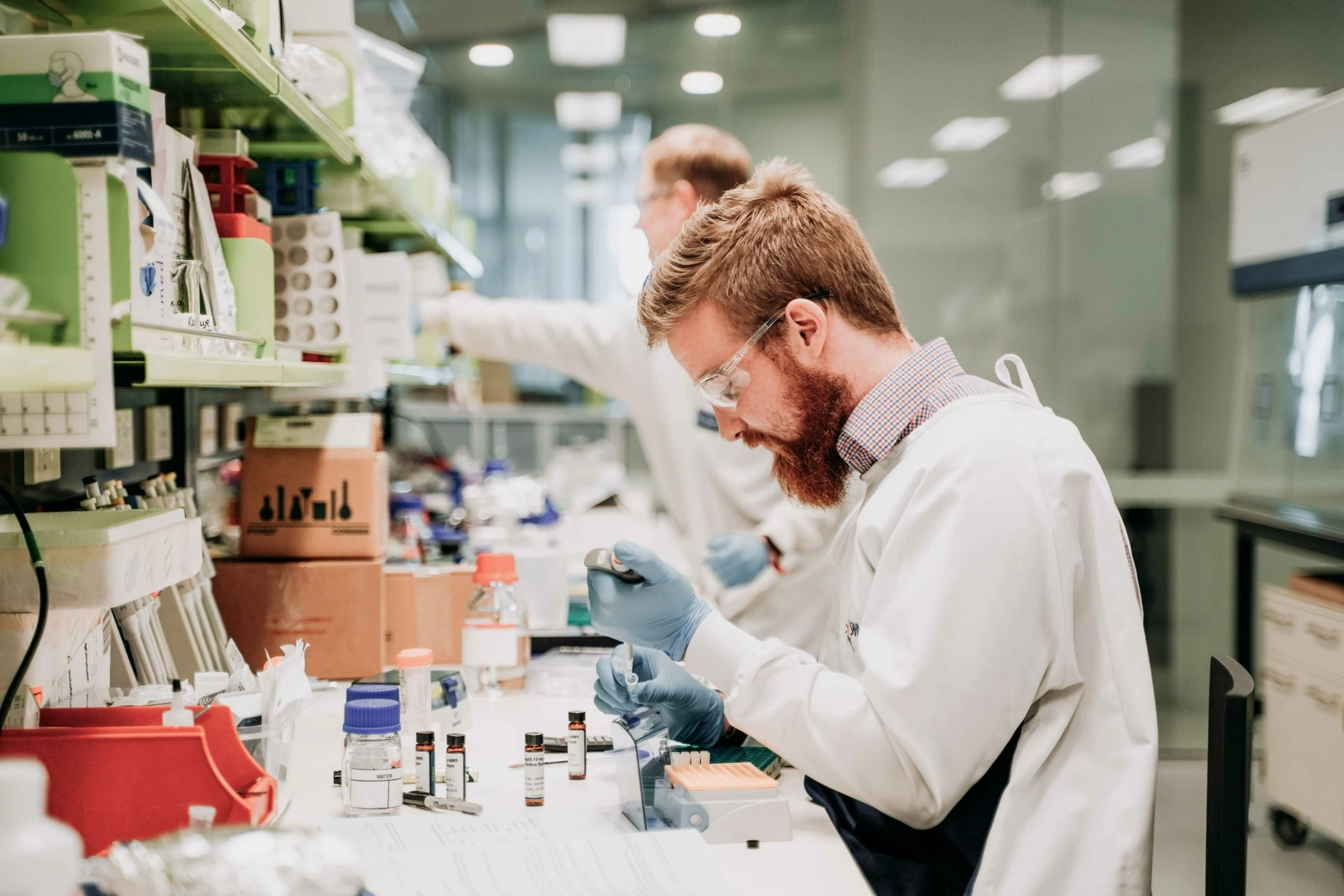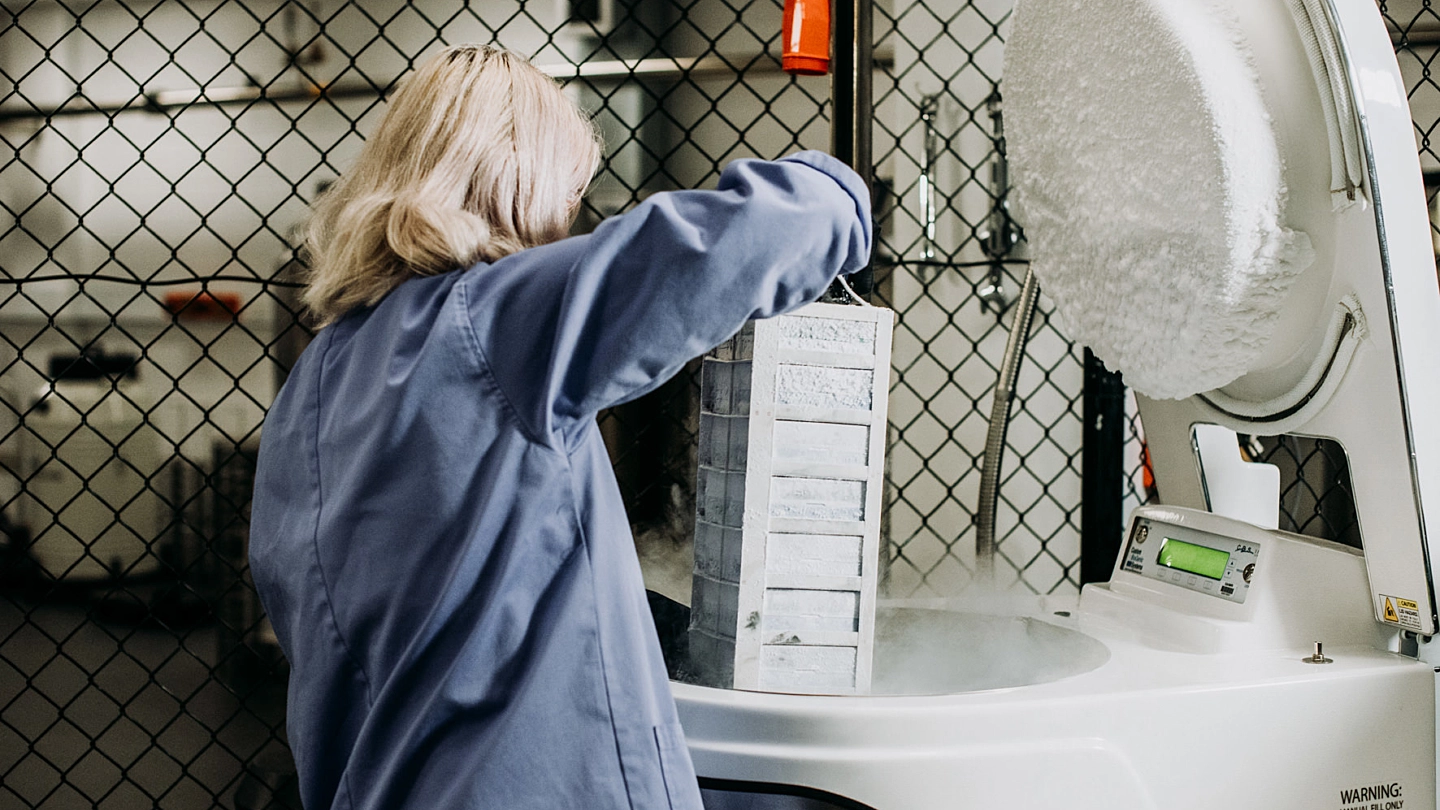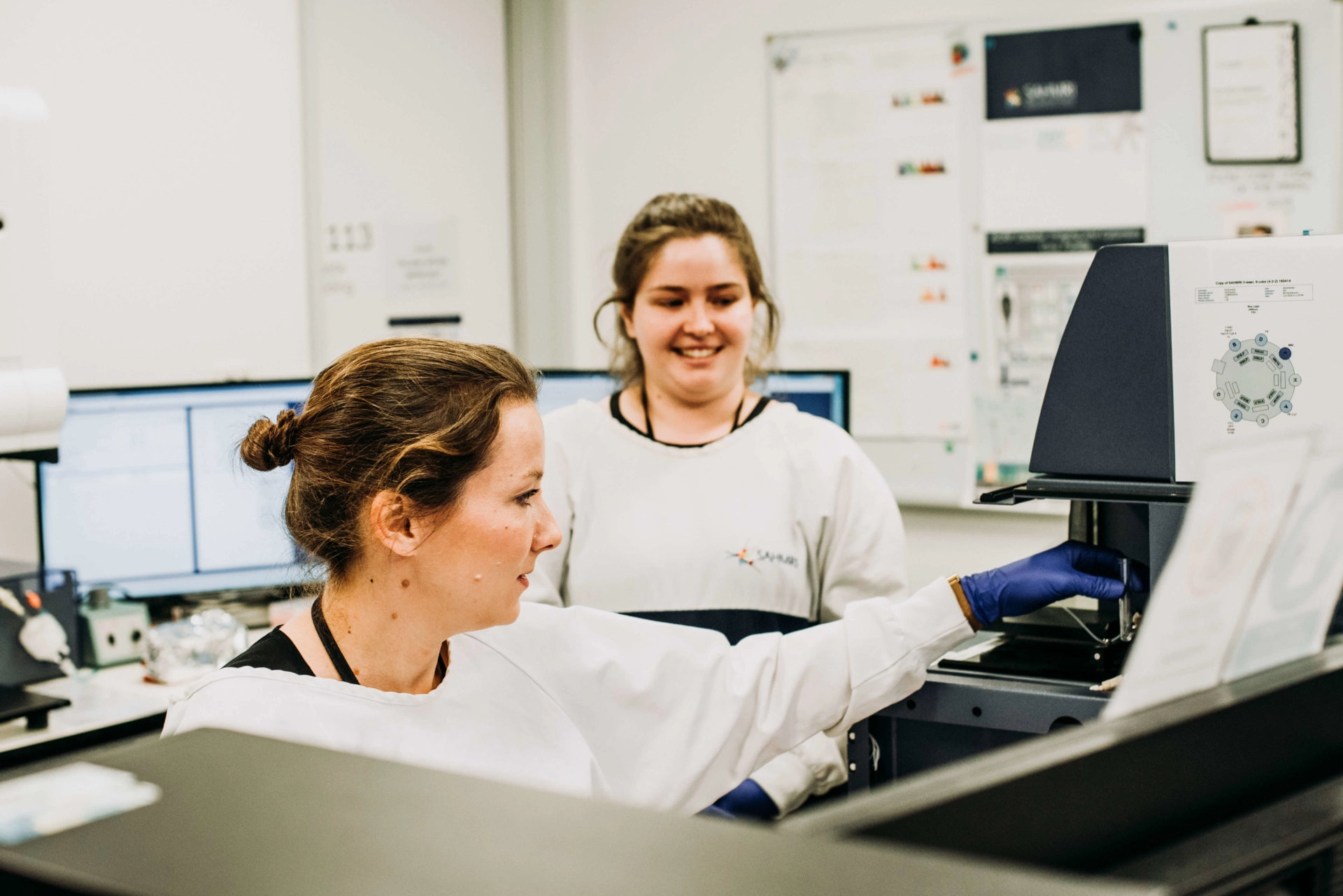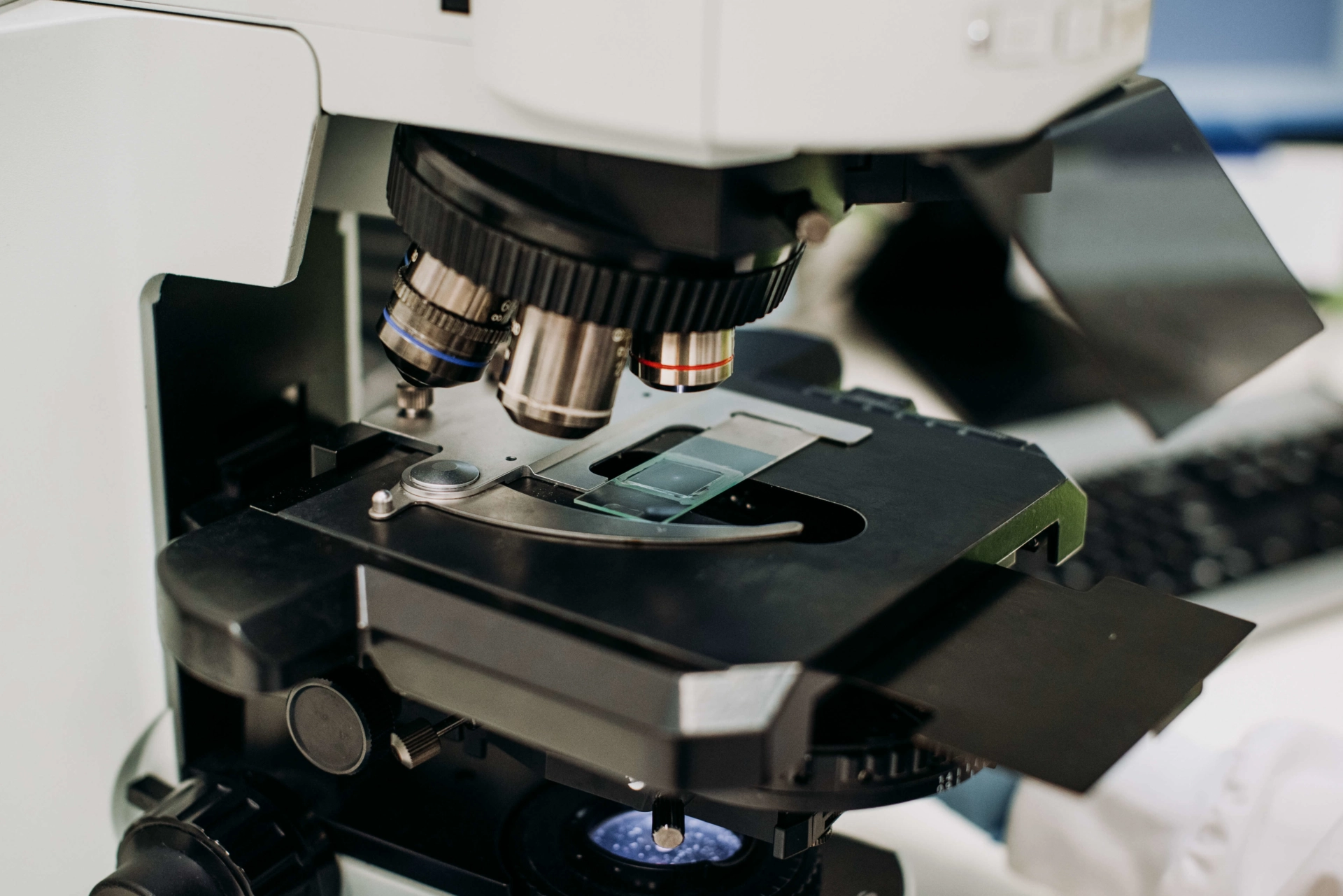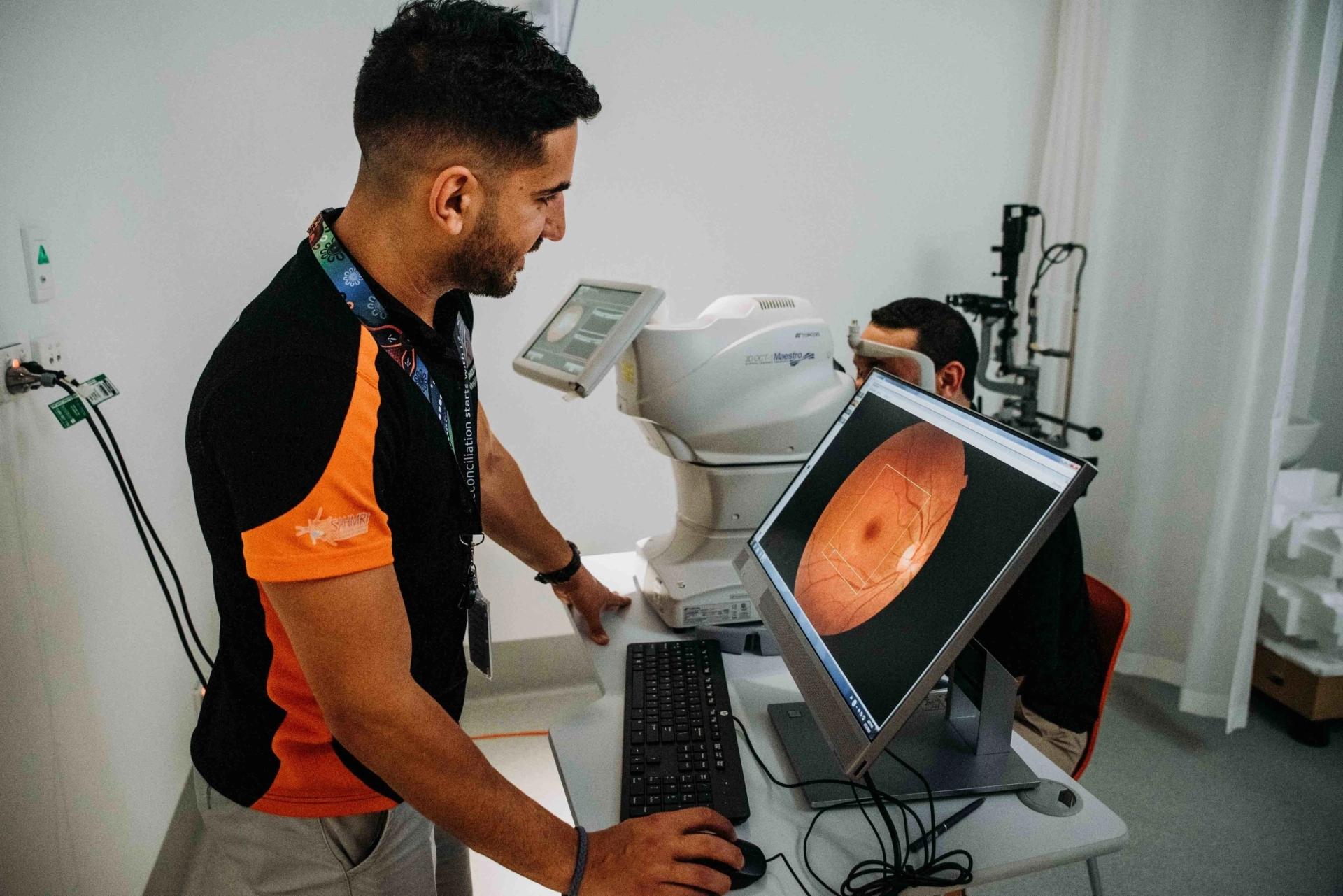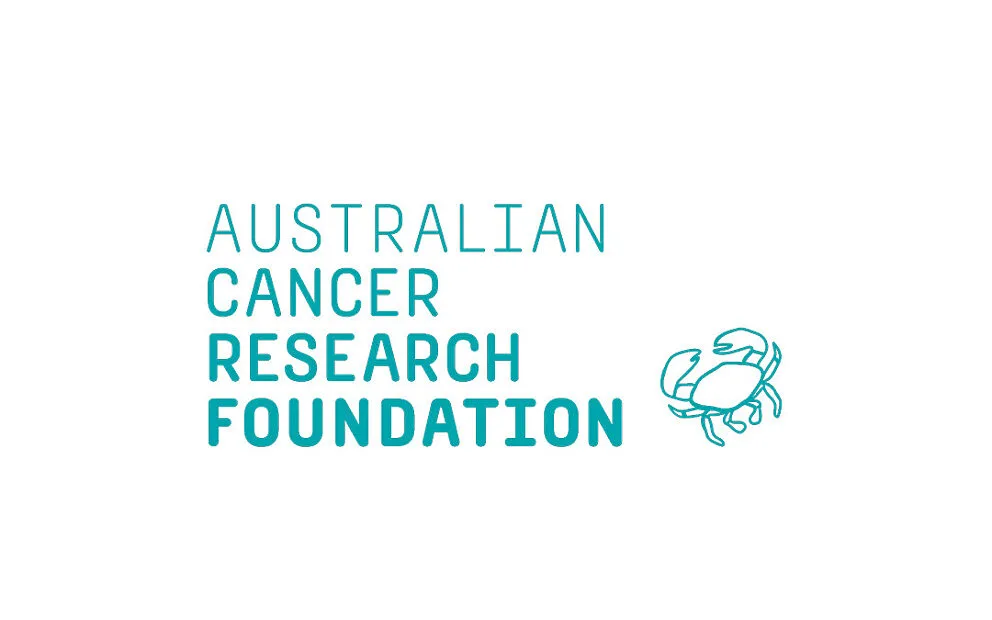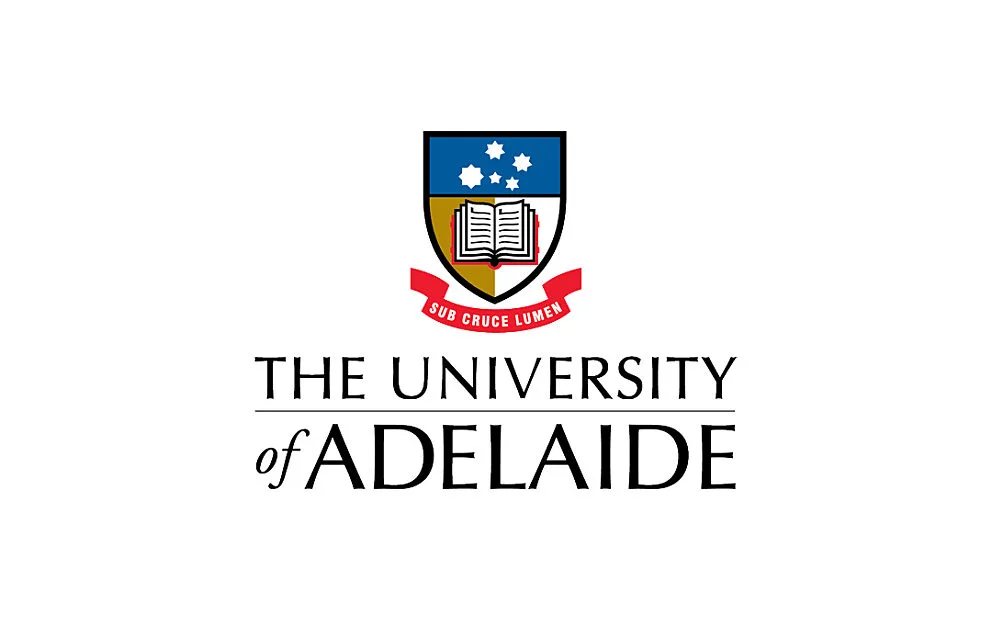SAHMRI’s Proteomics service provides proteomics data for your research programme. We hold ourselves to the highest standards and support our customers beyond the “list of proteins”.
The SAHMRI Proteomics Core Facility was established in 2019, but its history goes back ten years further as it grew out of the mass spectrometry group of the Lysosomal Diseases Research Unit in Adelaide.Our team has many years of proteomics experience with special interests in phosphoproteomics and plasma proteomics.
The facility is newly equipped with a Bruker timsTOF Pro2 mass spectrometer, generously funded by the ACRF (Australian Cancer Research Foundation) as part of the ACRF Centre for Integrated Cancer Systems Biology.
The facility operates on a fee-for-service basis to help with cost recovery, but our main aim is to help our clients to do great science.
Services and Capabilities
Expertise in sample preparation
- Support with preparing your samples
- Full-service sample preparation
nanoLC-timsTOF MS sample analysis on a Bruker timsTOF Pro2 coupled to a Waters M-Class Acquity
- DIA PASEF
- DDA PASEF
Databank searching and data analysis
- Bruker ProteoScape
- Biognosys Spectronaut
- BSi PEAKS
- Waters Progenesis QI for Proetomics
- MaxQuant
- Perseus
- Skyline
Equipment list
- College of Medicine and Public Health, Flinders University
- Department of Chemistry, University of Adelaide
FAQs
You are very welcome to prepare your own samples for analysis. Samples will be run by facility staff at a reduced fee used primarily to cover instrument maintenance costs. Please contact facility staff to discuss sample preparation and clean-up methods.
The timsTOF Pro2 is an extremely sensitive instrument. The limiting factor is usually liquid handling in sample preparation rather than protein concentration. The correct amount of sample needs to be evaluated on a case-by-case basis. As a guide, for tryptic digests of cells 1 µL of 200ng/µL digest solution is usually the optimal amount of sample to load although results can be obtained from more dilute samples.
This varies with the annual funding cycle, but usually waiting times are less than two months.
